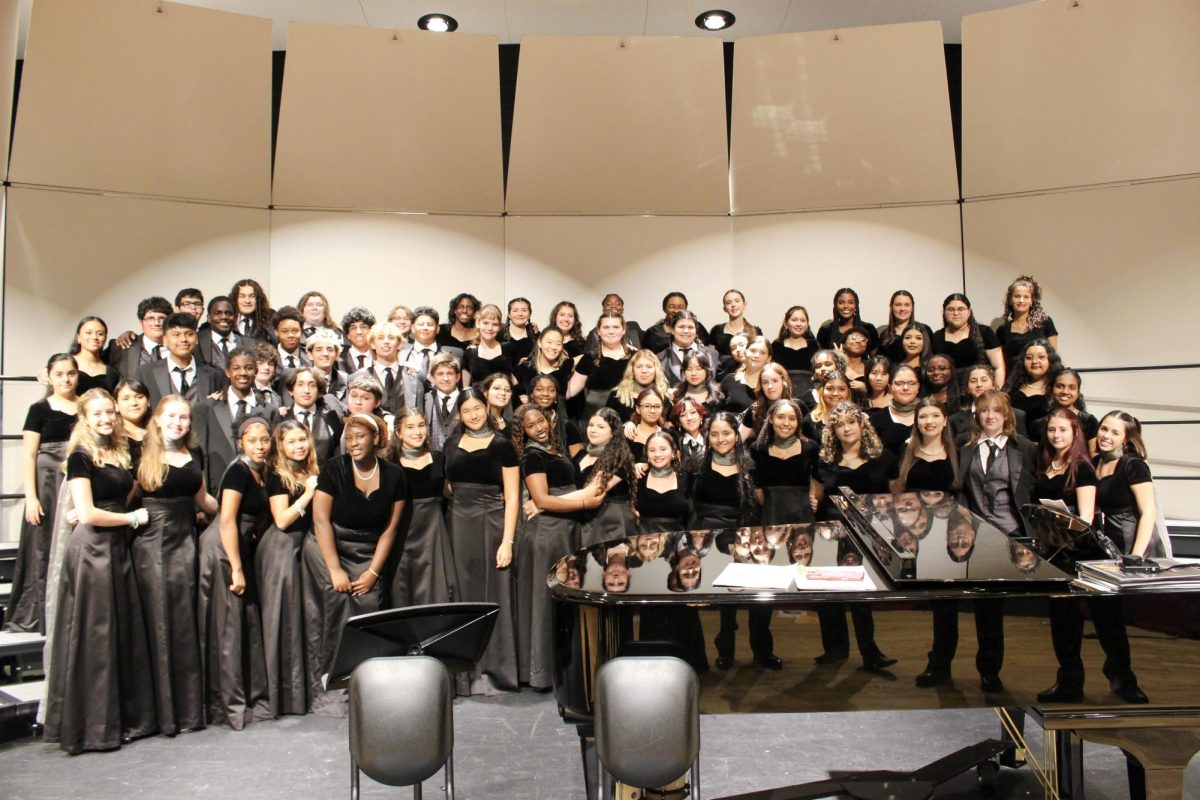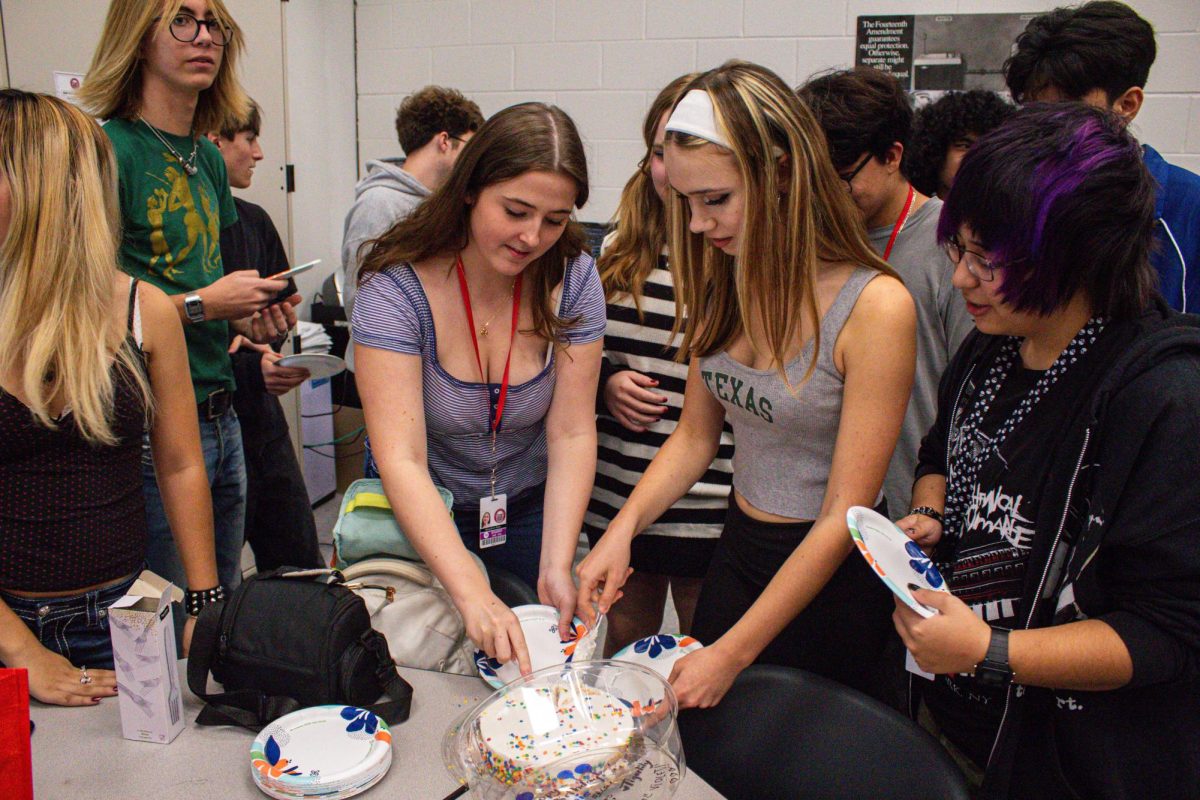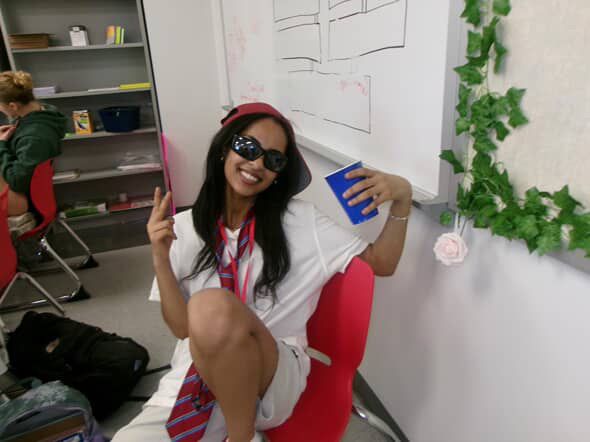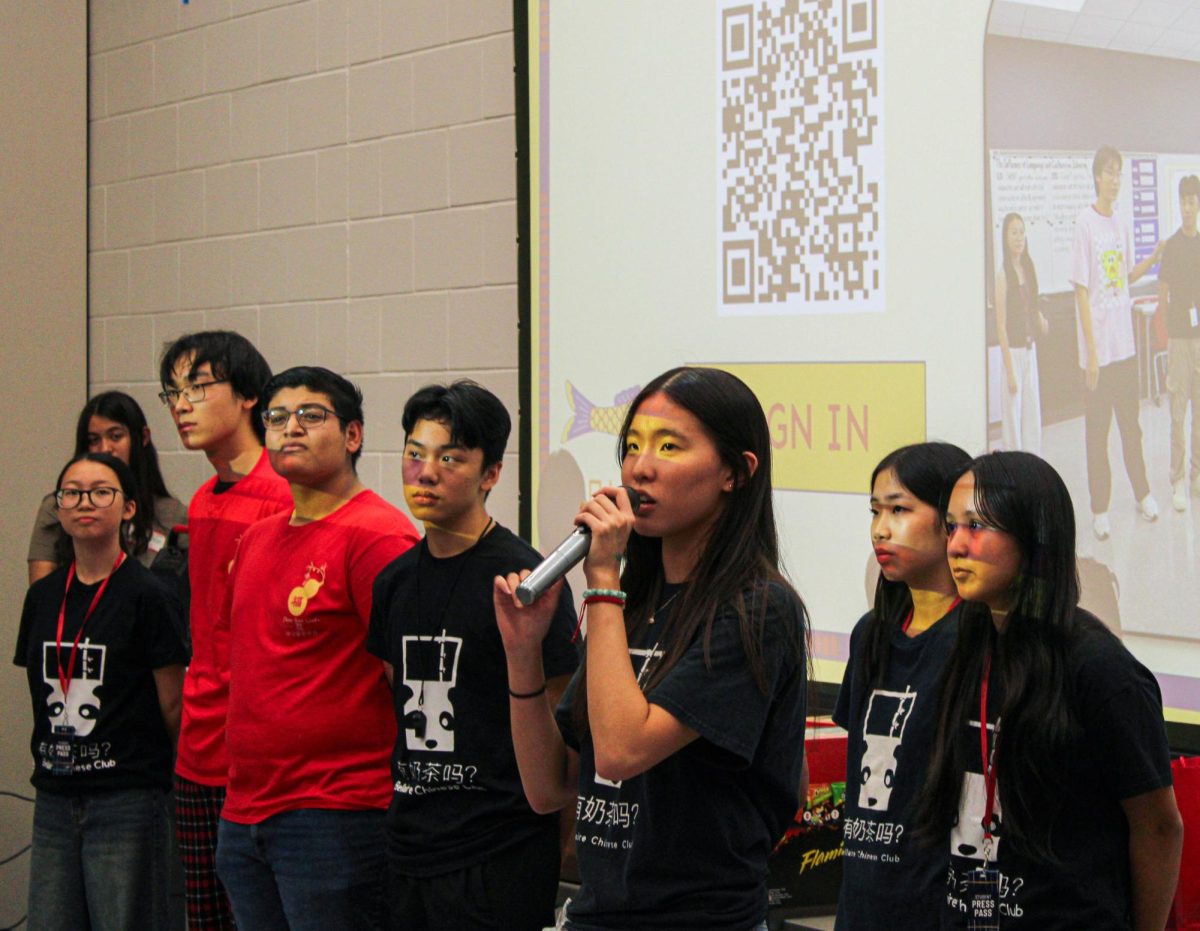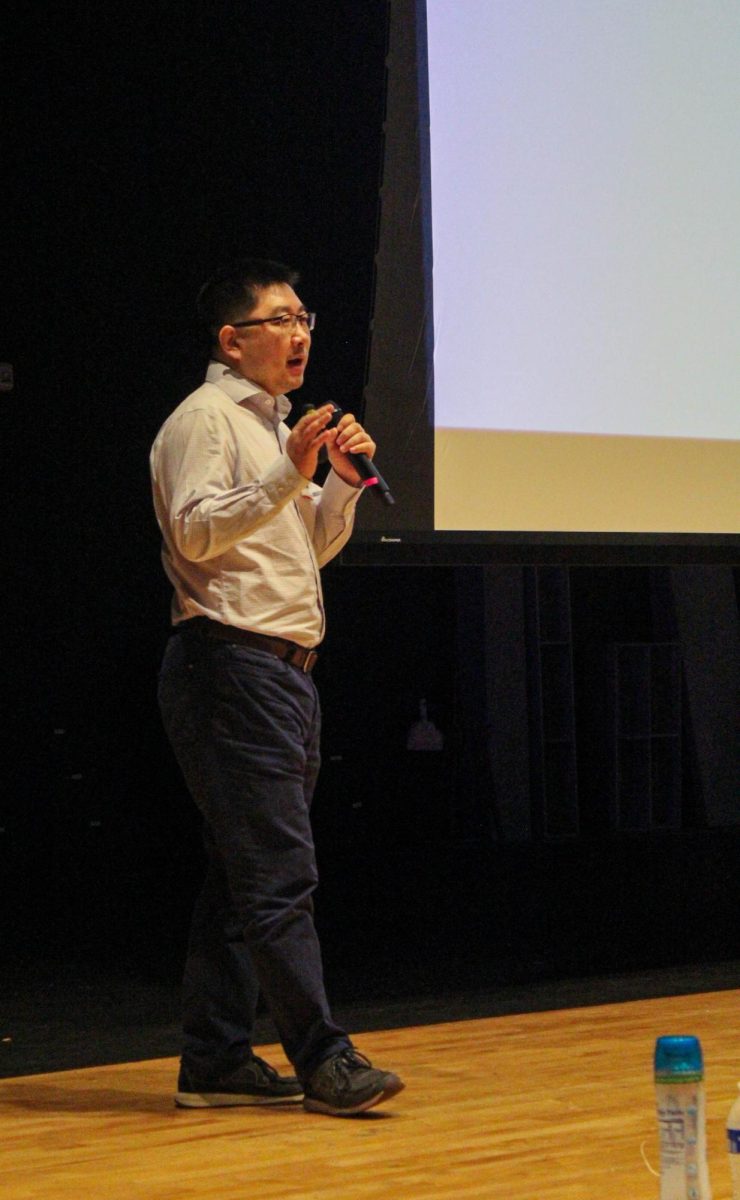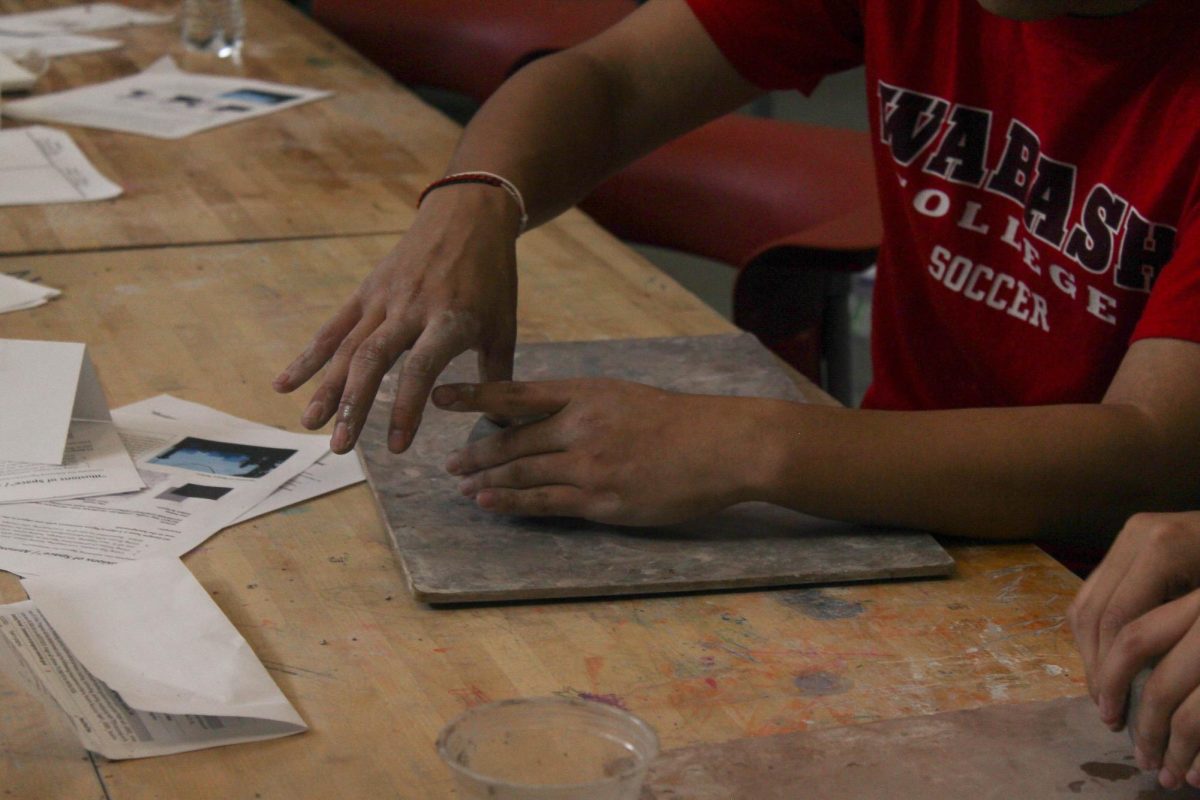When senior Feifan Liu was elected as the Texas Junior State of America (JSA) governor on April 7, he promised to expand the size of JSA as part of his campaign.
Liu will never be able to accomplish this.
A year after celebrating its 90th anniversary on Aug. 8, JSA, the largest student-run organization in America, announced its dissolution due to declining program participation and skyrocketing costs.
“I was the first [student] to hear the news because I was the student representative on the board of directors for JSA,” Liu said. “I was in a lot of shock. I thought, ‘There’s no way this is actually happening.’ They sent out the slides before the JSA Governor meeting, and I saw the words ‘If we close by December.’ I didn’t know what that meant until I realized that we were closing. It was overwhelming.”
But JSA students like Liu did not give up. Even with little adult support, they wanted to maintain the core principles of JSA, and three days later, Civic Leaders of America (CLA) launched.
“Our vision is to place more emphasis on regional conventions, virtual events and activism,” Liu said. “The Civic Leaders of America is not a clone of JSA; it takes everything we love about JSA and combines it with new and improved aspects that give more power to the chapters. We envision CLA as an organization that will provide members with opportunities to learn what they really believe in our world and go out and create change based on those beliefs.”
The Texas CLA hosted its first Fall State Convention at the Austin Capitol on Nov. 9-10. Bellaire was among 20 from 24 total former JSA chapters that transitioned into the Texas CLA. Sixteen chapters attended and participated in the debate, activism and social blocks during the convention.
“There were a lot of hiccups, but we were able to adapt quite a bit,” Liu said. “[Fall State] was a success. I know a lot of people really enjoyed it. It feels like we’re making an impact, and if nothing else, at least making kids care more about these issues that really matter.”
While the theme of the convention spotlighted foreign policy topics like the Israel-Palestine conflict and Ukraine aid, domestic issues such as the American education system, abortion and political third parties were also discussed.
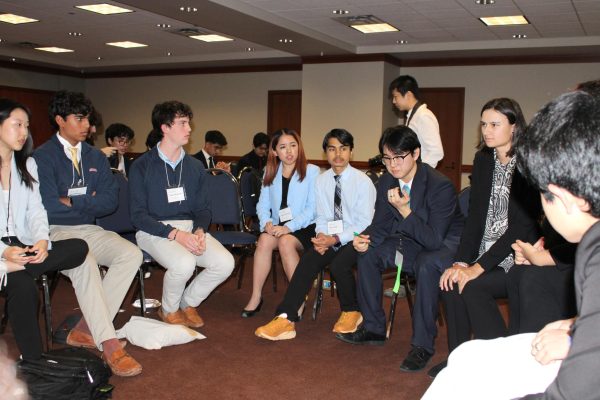
“I think everyone inherently cares about politics, but because people don’t really think they can do anything, they cope by telling themselves they don’t care,” Liu said. “The first step is showing them that they still care. So we did [activities] like the middle ground debates. There was a lot of heated discussion [between members], but it was clear that people cared [about these issues].”
The convention also emphasized student activism with two activism blocks that included activities like an Activism Escape Room and a Representative Letter Writing Campaign.
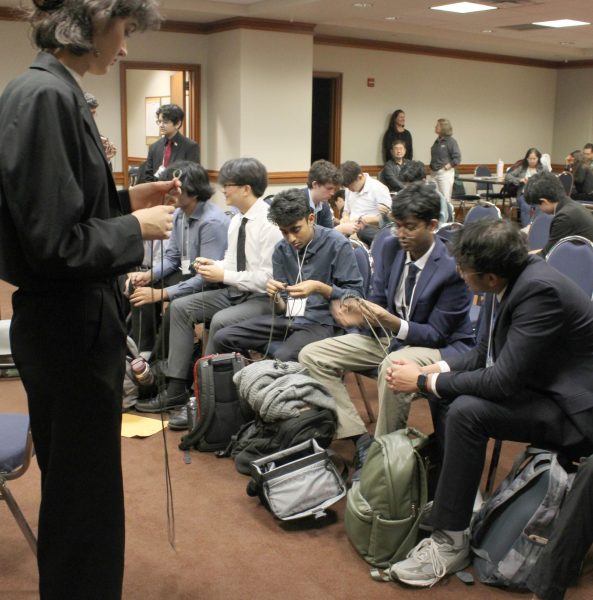
“We want to give students [the opportunity to] write about something that they care about,” Liu said. “Even if those representatives aren’t really going to check their mail, [letter writing] was still useful in showing students that there was kind of a way that they could speak out on the issues that matter to them.”
As one of the largest CLA chapters in Texas, Bellaire has more than 20 chapter members involved in the Texas CLA Cabinet, responsible for state-wide operations. For students like sophomore and Director of Expansion Leo Cheng, helping start the organization from scratch and planning Fall State has been “a bumpy transition.”
“I think it’s been harder to find other schools that are willing to start [a CLA chapter],” Cheng said. “JSA was the largest student-run organization, and it lasted 90 years, but CLA is like a brand new organization, so people are less likely to put their faith in it.
Senior and Lieutenant Governor Emerald Tang, who oversees the Texas CLA Cabinet, attributes the two biggest challenges she faced transitioning JSA into CLA to a lack of funding and credibility.
“CLA is entirely student-based,” Tang said. “We don’t have any adults backing the organization, aside from our TAs. Seeing people dropping out [after forming CLA] was disappointing because we could tell that there definitely was some added value to the namesake of JSA versus CLA, and it’s been kind of hard overcoming that.”
That’s why for Tang, seeing how more than 80 people traveled to Austin for Fall State was the most fulfilling for her.
“I was kind of anxious seeing the numbers roll in for people who are registering,” Tang said. “But at the convention, I was seeing the faces of my old department [and] members that I recognize still wanting to show up. Being able to talk to them in person after working with them online and knowing they chose to spend a lot of money and time to be there was really fulfilling. I got to see that I was not the only one who cared about all this, and there were definitely people who would support the organization after I graduate.”
Fall State this year featured traditional JSA convention activities like Debate Dash, Supreme Lord of CLA talent show and Quiz Bowl trivia, while also incorporating new elements like Middle Ground debates and a Capitol Scavenger Hunt.
“I learned a lot about politics and our political system and civic leadership [from these events],” sophomore and first-year CLA member Ayub Ahmed said. “I thought that all the activities were very accessible, and they conveyed political information in a very informative and fun way. I liked how the activities were really well thought out. [The escape room] was difficult but in the end, when you figured it out, [it] was very, very satisfying.”
One of Ahmed’s favorite parts of the convention was hearing the keynote speaker Dr. Richard Albert, Professor of Law at UT Austin, give a speech about how the next generation could reverse the current political polarization.
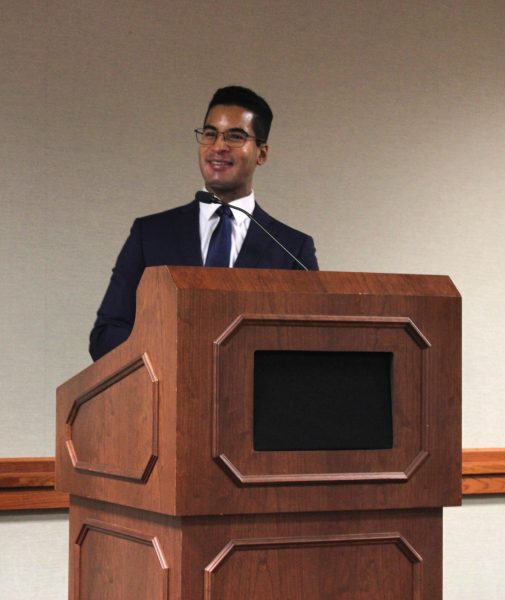
“The way [Dr. Albert] presented [his speech on political polarization] was very understandable,” Ahmed said. “I could start thinking of ways I might be able to attack these problems [and] see these issues in my life. I felt invigorated after the speech because [he] gave the example of other students being able to take action and find issues with the current political sphere, examples of students, no older than I or any of the people in the convention, taking strides to make changes in their communities.”
Dr. Albert believes in the mission of CLA and his one message to the organization after Fall State is to “keep doing what you are doing.”
“I’d like to see more groups like [CLA], and I’m happy to support them,” Dr. Albert said. “It’s just amazing to see these students here on a Sunday afternoon talking about these important issues. It’s inspiring. This weekend is a nice springboard for future discussions and future activities. I think this group can model for other groups, and for the country, on how to do civil discourse in a positive way.”


![Senior Emerald Tang gives a speech during the opening ceremony welcoming everyone to the first Texas CLA convention of the year hosted in the Austin Capitol building. “I definitely see a lot of hope for the future [in CLA]," Tang said. "I saw a lot of people having fun, like during debates, everyone was really passionate.”](https://threepennypress.org/wp-content/uploads/2024/11/ldSG1am8MUbhRejMLPDn4fCF1R8sL7W5ZF7u208S-1200x1085.jpg)
